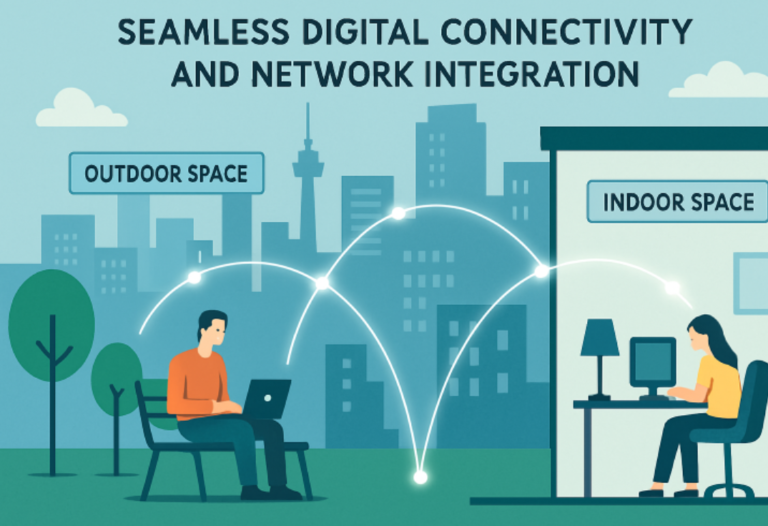How Reality TV Changed the Landscape of Entertainment
The evolution of reality television has significantly altered the entertainment landscape, intertwining scripted narratives with authentic experiences that resonate deeply with audiences. This genre’s emergence has not only redefined storytelling techniques but also transformed the dynamics of celebrity culture, ushering in a new era of stars who embody relatability and authenticity. Furthermore, the integration of social media platforms has reshaped audience engagement, fostering direct interactions and communities around content. As we examine these shifts, it becomes imperative to consider the broader implications for the future of entertainment and how viewer expectations continue to evolve.
Evolution of Reality TV
The evolution of reality TV has transformed the landscape of entertainment, shifting from its humble beginnings in the early 1990s to a dominant force that shapes cultural conversations and viewer expectations today.
With the rise of competition formats and genre diversification, reality shows have captured diverse audiences, reflecting societal values and desires for authenticity, competition, and freedom in storytelling, redefining how we engage with entertainment.
See also: Entertainment for All: How Accessibility Is Shaping the Industry
Impact on Storytelling Techniques
Reality TV has revolutionized storytelling techniques by blurring the lines between scripted narratives and genuine experiences.
This invites audiences to engage with relatable characters and real-life drama in unprecedented ways.
This shift emphasizes narrative authenticity, as viewers are drawn to the emotional spontaneity that arises from unscripted moments.
Consequently, this fosters a deeper connection with the stories being told and transforms the way we perceive entertainment.
Shifts in Audience Engagement
Engagement in reality television has transformed dramatically, as audiences now crave not only entertainment but also a sense of connection and participation in the unfolding narratives.
Social media plays a crucial role in this shift, facilitating real-time audience interaction and allowing viewers to voice opinions, share experiences, and influence outcomes.
This dynamic creates a vibrant community that enhances the overall viewing experience, fostering a deeper connection with the content.
The Rise of Reality Stars
As audiences forge deeper connections with reality television narratives, a new breed of celebrity has emerged, captivating viewers and shaping popular culture like never before.
This phenomenon of reality fame has transformed celebrity culture, blurring the lines between scripted and unscripted entertainment.
Today’s reality stars possess a unique relatability, allowing them to resonate with fans who crave authenticity and connection in their entertainment choices.
Conclusion
Reality TV stands at the intersection of scripted drama and authentic experience, captivating audiences in ways traditional media could only dream of.
As viewers transition from passive spectators to active participants, the allure of relatability reigns supreme.
Reality stars emerge not from scripted lines, but from genuine moments, bridging the gap between fantasy and real life.
In this evolving landscape, entertainment transforms, reflecting both the chaos of everyday existence and the polished allure of celebrity culture, creating an engaging tapestry of modern storytelling.






